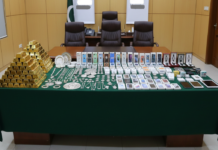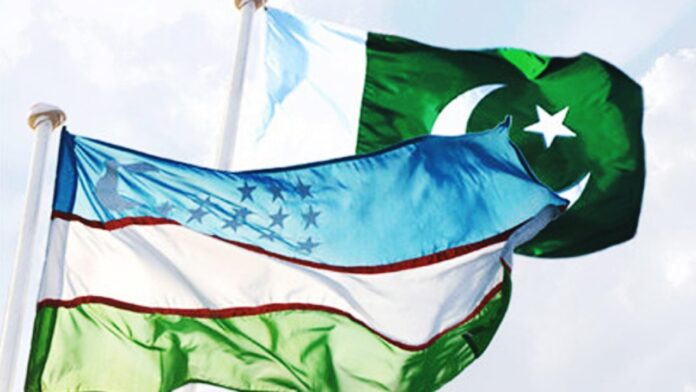ISLAMABAD: Ambassador of Uzbekistan to Pakistan, Alisher Tukhtaev, has commended Sheharyar Memon for taking charge as the focal person of the Prime Minister Youth Programme (PMYP) on overseas and business trade linkages. In a meeting on Friday, Tukhtaev urged Memon to play a pivotal role in furthering economic ties between Pakistan and Uzbekistan.
Memon congratulated Tukhtaev on the upcoming launch of the second direct flight between Tashkent and Islamabad, which he called a significant step in bolstering trade relations and tourism cooperation between the two countries. Memon noted that the addition of the flight, set to operate on September 28, 2025, would enhance economic and cultural integration with Central Asian nations. This follows the two direct flights per week currently operating between Lahore and Tashkent.
Ambassador Tukhtaev expressed optimism about expanding cooperation in tourism and cultural exchanges, highlighting the positive impact of direct air links. He emphasized that with strong political will and enhanced connectivity, Uzbekistan-Pakistan relations, especially in the tourism sector, would grow significantly.
Tukhtaev also shared impressive economic achievements of Uzbekistan, noting a consistent annual GDP growth of over 6%, a doubling of GDP in the past eight years, and a current GDP forecast of over $150 billion. He highlighted the country’s successful export growth to $26 billion and its increasing foreign reserves, surpassing $48 billion for the first time.
Under the leadership of President Shavkat Mirziyoyev, Uzbekistan has attracted $130 billion in foreign investment, with $35 billion expected this year alone. The Ambassador also mentioned that over 11 million tourists visited Uzbekistan last year, contributing to more than $3 billion in revenue. Looking ahead, Uzbekistan aims to attract $35 billion in investment by 2030 and increase renewable energy to 54% of its energy mix.
Tukhtaev further emphasized the growth of Uzbekistan’s industrial output, which has grown from $29 billion in 2017 to $70 billion in 2025. The country is now focusing on modern technologies and infrastructure development, creating jobs and building a skilled workforce for the future.























